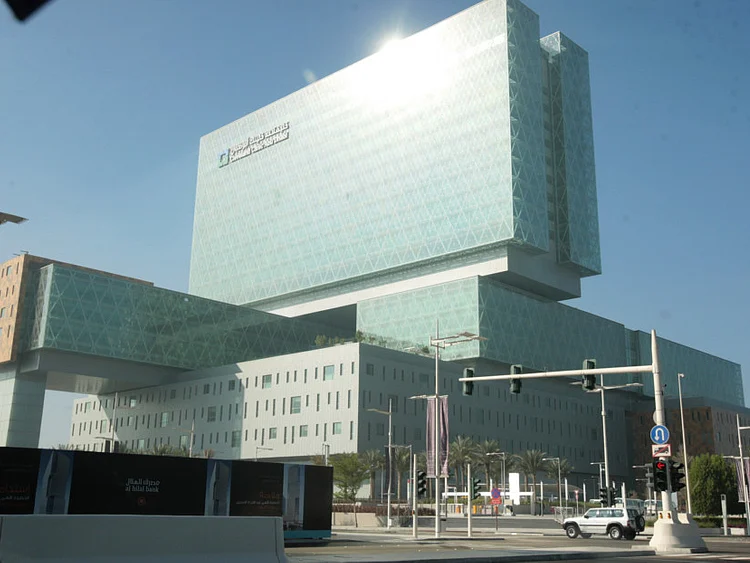Also In This Package
Abu Dhabi: A simple screening can prevent or mitigate the seriousness of colorectal cancer, one of the deadliest cancers in the UAE.
A colonoscopy or a stool test is a simple yet effective measure to detect and treat colorectal or bowel cancer, which was responsible for 12 per cent of all cancer deaths in the UAE in 2017. Physicians at Cleveland Clinic Abu Dhabi (CCAD) said these are simple checks for a cancer that affects many people with no history of smoking or family disease.
Counselling service
While certain risk factors such as age and family history cannot be controlled, there are a number of lifestyle factors that can reduce a person’s risk of developing the disease. Stopping smoking, being more physically active, eating more fibre-rich food and consuming less red meat have all been shown to reduce the risk of colorectal cancer, but do not substitute the need for colorectal cancer screening. For people with a family history of the disease, CCAD offers a genetic counselling service that can quantify and help manage any genetic factors that may increase the likelihood of them developing the disease. It also provides an individualised risk assessment and personalised recommendations on when to start screening and how frequently.
Advances in detection and treatment, coupled with increased awareness, have led to a steady decline in the incidence and mortality rate of colorectal cancers in people over 50 years worldwide. However, physicians are concerned by the increasing rates of the disease among young adults over the last two decades. The disruption to health-care systems across the world that occurred in 2020 due to the COVID-19 pandemic has led physicians to fear that much of the progress made in fighting colorectal cancer in recent years could be lost.
Colorectal cancer often presents without symptoms, making regular screening particularly important if it is to be detected in its earliest stages when 90 per cent of cases can be cured. Late symptoms of the disease include blood in the stool, changes in bowel habits (constipation or diarrhoea), abdominal discomfort or pain, and unexplained weight loss.
Message to community
“My message to the community is this — when it comes to colorectal cancer, we are all at risk, but it can be easily prevented. Come to us and do your regular screening. Avoid smoking, watch your stool for the presence of blood, keep active, eat more fibre and follow your doctor’s recommendation when it comes to screening. Getting a colonoscopy screening is a quick, safe, painless procedure that can save your life,” Dr Kheir said.
In the UAE, physicians recommend that both men and women begin regular screening for colon cancer at the age of 40. People at higher risk should begin screening at a younger age. Anyone who develops symptoms should consult their doctor as soon as possible, no matter their age.
Sign up for the Daily Briefing
Get the latest news and updates straight to your inbox
Network Links
GN StoreDownload our app
© Al Nisr Publishing LLC 2026. All rights reserved.
